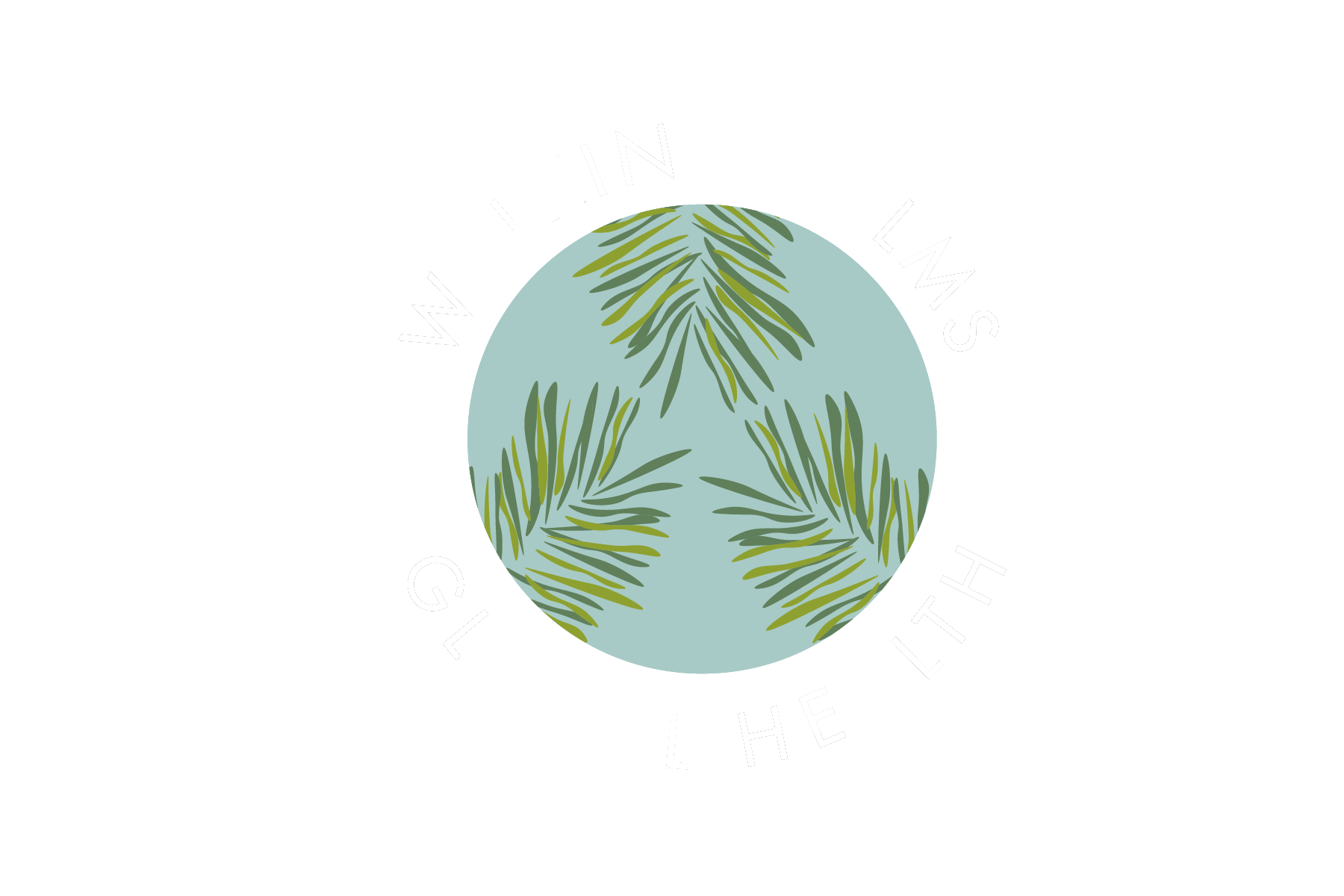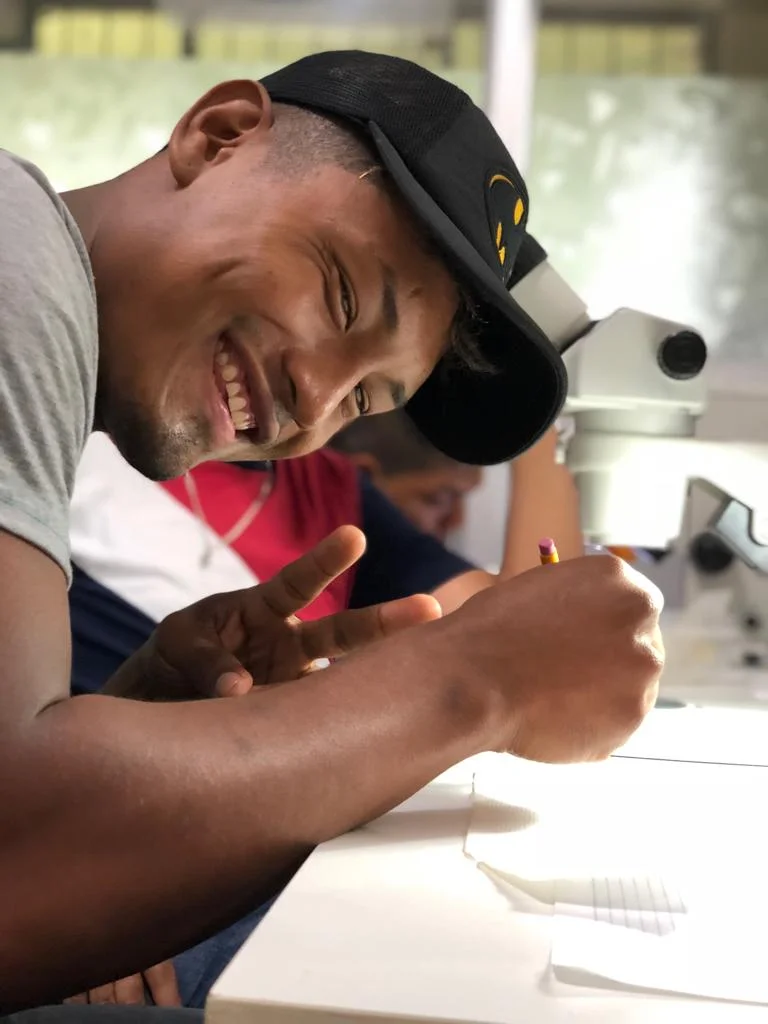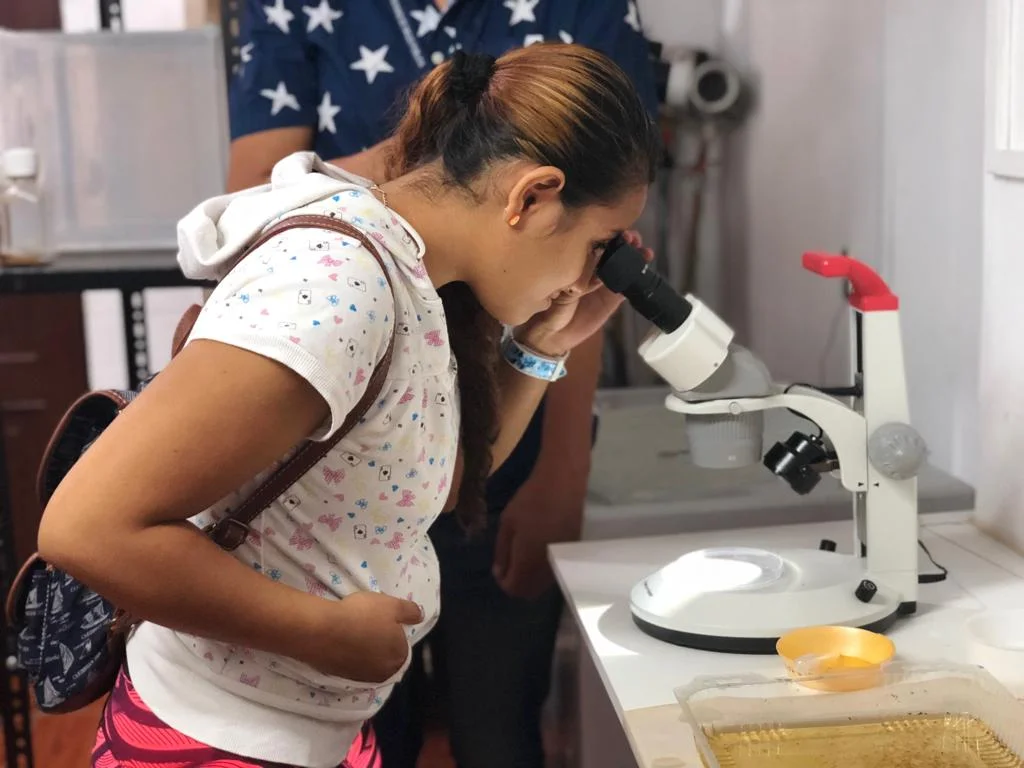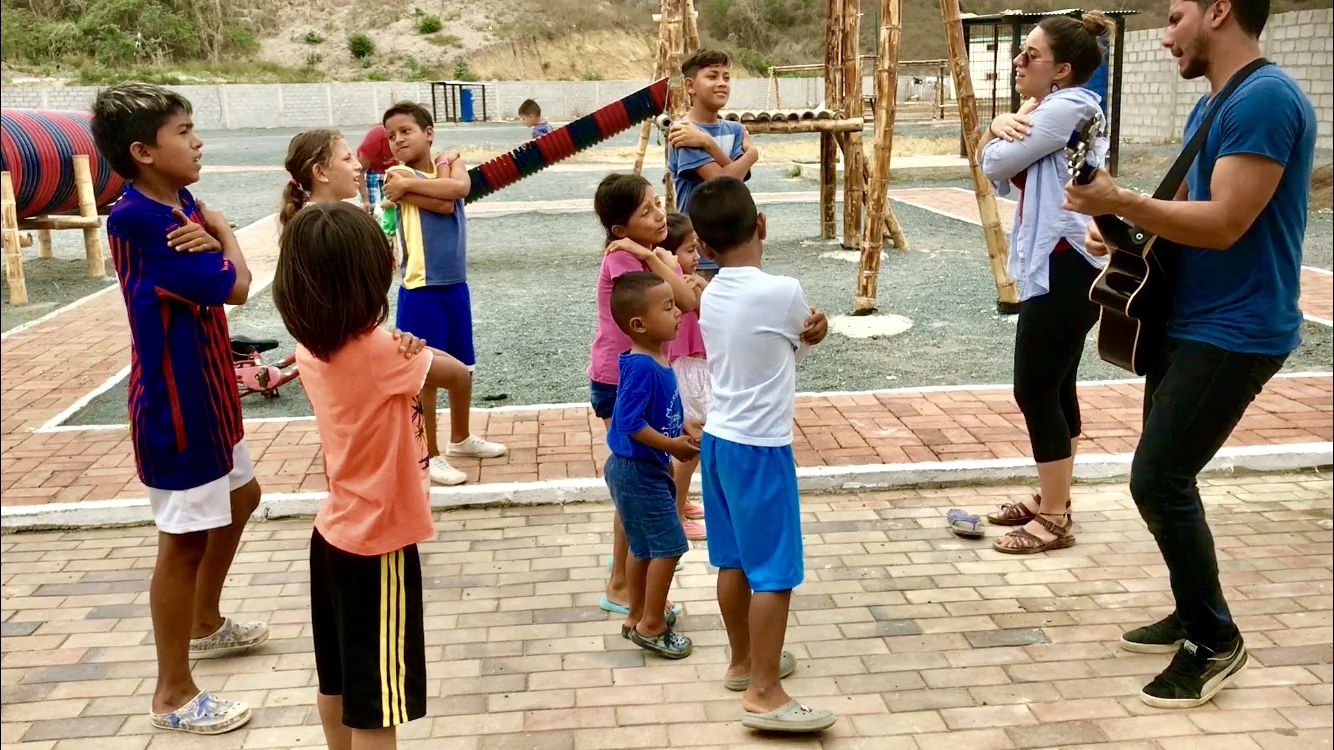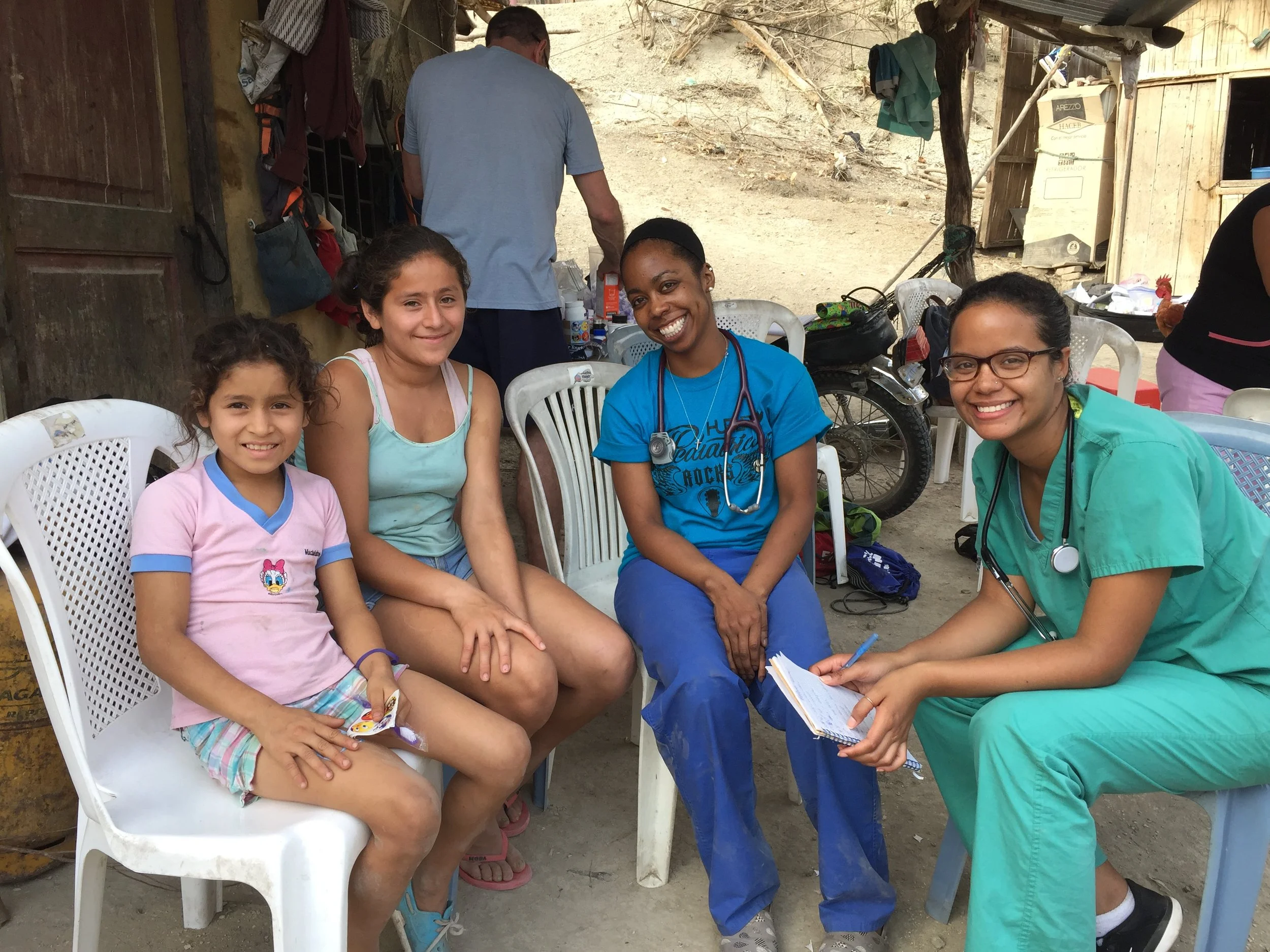Research
We believe that data driven action is the key to rebuilding sustainable communities. Our research looks to understand the impact of the 2016 earthquake on infectious disease prevalence. We use a socio-ecological approaches to address risk factors. Our work is very interdisciplinary and our research team is comprised of medical doctors, disease ecologists, psychologists, psychiatrists, local government, community leaders and students.
We have worked in many communities gathering information at the community level looking at household destruction, access to piped water and sanitation, distance from health services and more. Some of our studies include understanding the impact of climate change on infectious disease transmission rates and the role of psychology on infectious disease prevalence and severity. Additionally, we study the distribution of chronic diseases such as diabetes and hypertension across our participating communities. Understanding the relationship between chronic and infectious disease is very important as patients may be at greater risk for morbidity.
Our latest research looks to address post-disaster effects on vector ecology surrounding abandoned housing sites and the risks they pose to community members. We also conduct community health assessment surveys specifically looking at barriers to health care. We couple our research with an outreach program in collaboration with University of Wisconsin and Iowa State University that aims uses Ambitious Science Teaching to inspire young students to get involved with the sciences and engage in our citizen science projects.
Key words: Infectious disease, Climate and health, Chronic disease, Access to health care, Socio-ecological methods, Psychological risks
Medicine
After the local hospital was destroyed, numerous volunteers came together to construct a temporary medical clinic. It was in building and working in the clinic that Walking Palms was born. Our diverse team of doctors and professionals from Ecuador, United States, India, Peru, Chile, Belgium, Spain, Argentina, Mexico, and Italy worked to provide medical attention to more than 6,000 individuals and families in need in roughly twenty communities afflicted by the disaster.
Today we continue to run medical brigades in areas that have reduced access to health care. We also provide screenings and education for diabetes and hypertension diseases. The importance of these screenings lies in the fact that both diabetes and hypertension are very serious illnesses. Diabetes, if left untreated and undetected, can lead to nerve, kidney, and eye damage, and increase ones chances of acquiring other diseases as well. Hypertension, also known as high blood pressure, though often asymptomatic, can lead to serious consequences, such as a heart attack or stroke.
With help from our donors at SUNY Upstate Medical University we have created an insulin program that allows us to test, train and educate our patients. The hope of our program is to provide information and supplies to patients who would otherwise be dealing with untreated diabetes. By supplying them with insulin, educating them about the disease, and providing monthly checkups, we hope to help patients learn not only how to live with diabetes, but how to thrive.
Wellbeing
From day one we have provided relief to families in need. We began with our permanent clinic ran in partner with our collaborator La Escuela Sathya Sai. The school provided a sanctuary for 100s of families in need directly after the earthquake. We attended to approximately 50 -100 patients every day in the clinic and eventually began to see the same patients returning. At that time Walking Palms staff asked one of our medical doctors if we should try to help different families. The doctor then pointed out that our space, filled with shade, flowers, water, seating and friendly faces provided a refuge, a sanctuary away from destruction and tradgedy. Those simple amenities were helping to sooth our patients stress and fear. It was then that we decided to rethink our goals and started looking to understand the earthquakes impact on mental health.
Our program, harmony & health, is a combination of alternative therapies including music, yoga, art, dance, laugh, and meditation to help reduce stress, anxiety and focus on the practice of mindfulness for all ages.
